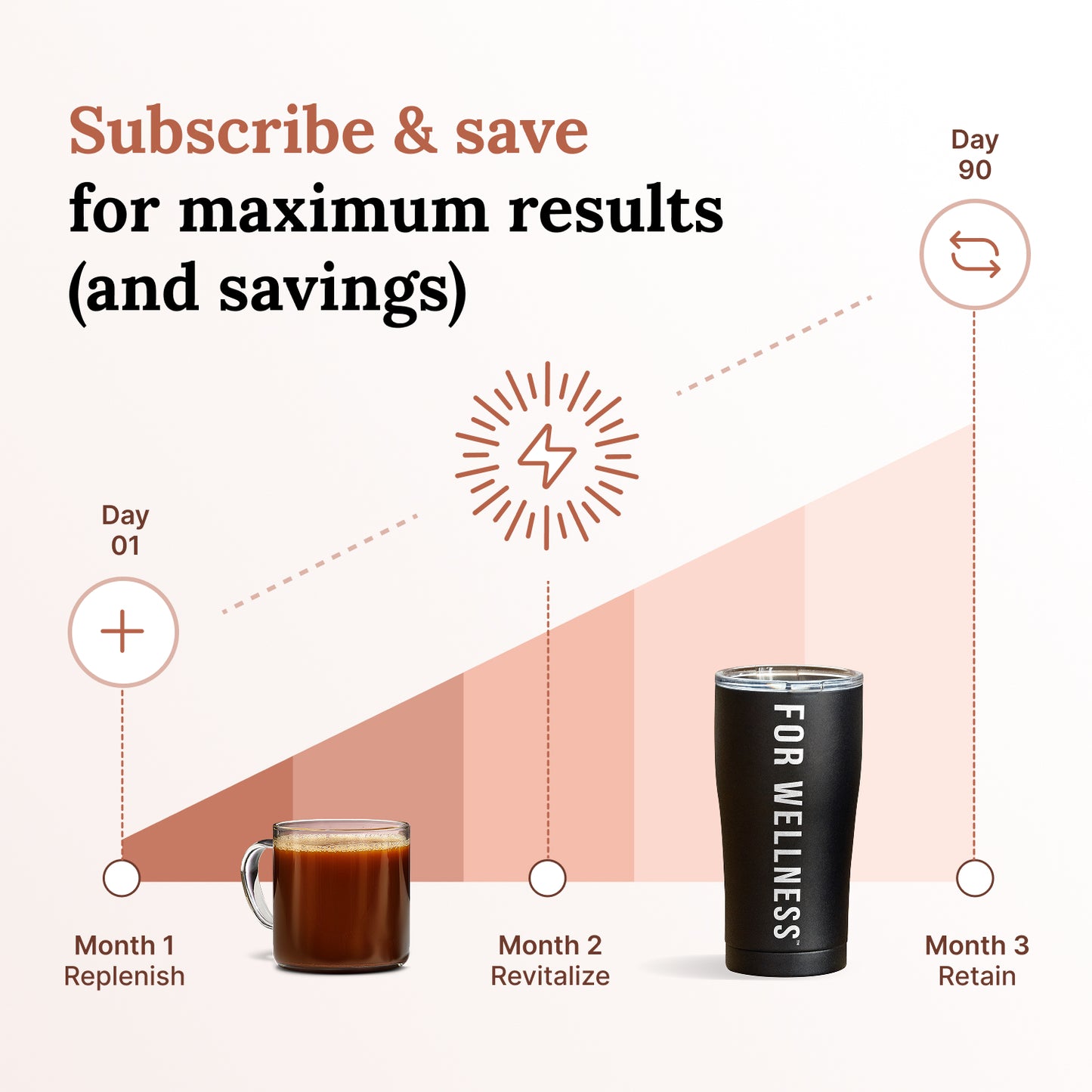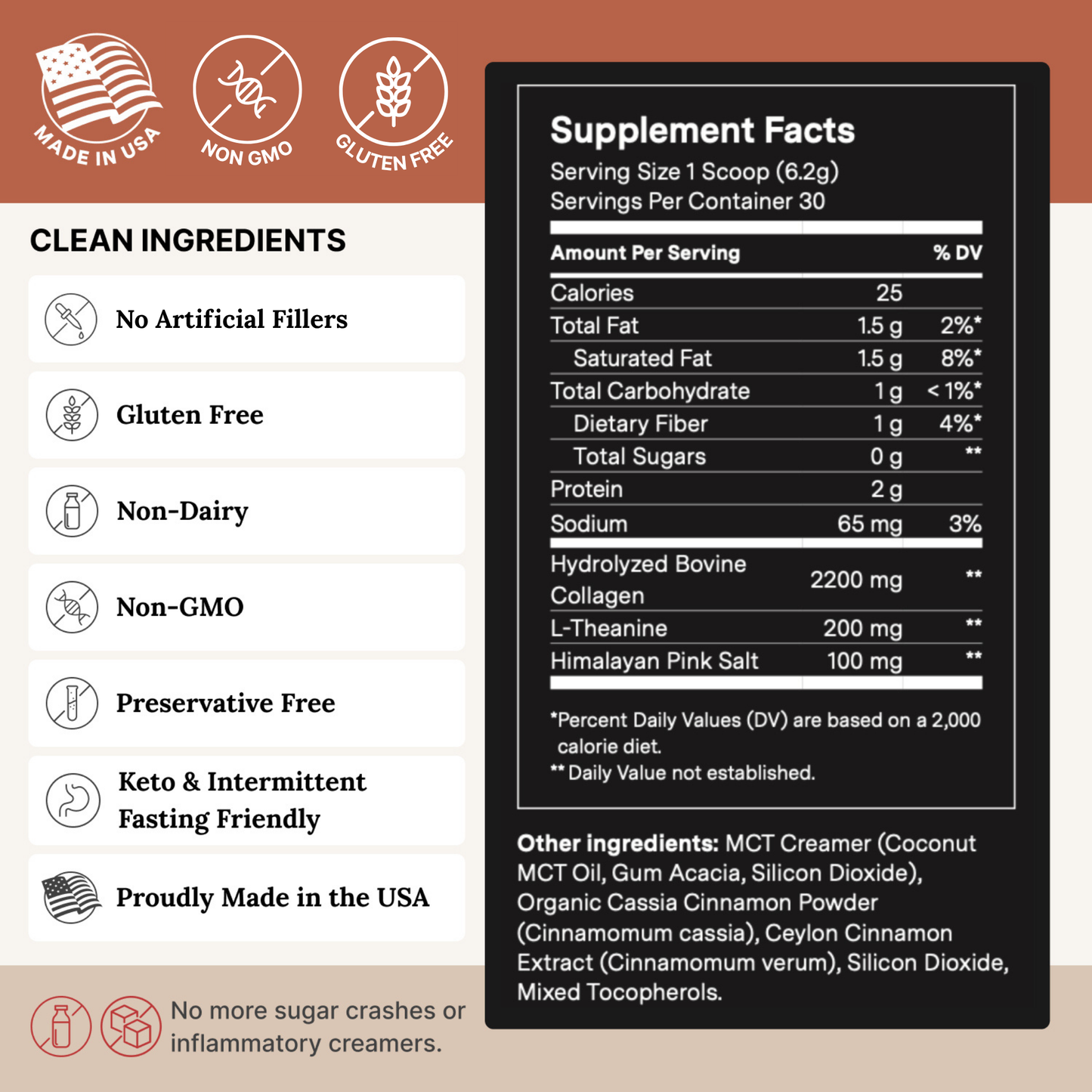The winter blues can derail even the most dedicated wellness warriors. When darkness falls early and temperatures drop, our prehistoric brains urge us to hibernate under blankets rather than hit the gym. But with these research-backed strategies, you can hack your habits and maintain your health goals even during the challenging winter months.
1. Use the "5-Minute Rule" to Overcome Exercise Resistance
Research in behavioral psychology shows that getting started is the hardest part. Tell yourself you'll exercise for just 5 minutes - a remarkably effective mind trick backed by studies on habit formation. Once you're moving, the psychological barriers dissolve and you're likely to complete a full workout. Your brain releases mood-boosting endorphins within minutes of starting physical activity.
2. Leverage Morning Light Exposure
Morning light exposure helps regulate circadian rhythms and boost energy levels. Try to get 10-15 minutes of natural light within an hour of waking, even on cloudy days. This helps suppress melatonin production and increases alertness.
Consider a light therapy lamp if natural light is limited.
3. Strategic Carbohydrate Timing
While limiting refined carbs is generally wise, research shows strategic carb consumption can boost winter energy. This is because complex carbohydrates increase serotonin production, the brain's happy chemical. Try oatmeal with berries pre-workout or sweet potatoes with dinner. Pair them with protein to stabilize blood sugar.
Liquid error (snippets/shortcode line 110): Could not find asset snippets/shortcode-product name=.liquid
4. Create Accountability
Through "Temptation Bundling" Behavioral economist Katherine Milkman coined this term for combining something you should do with something you want to do.
Only allow yourself to watch your favorite show while on the treadmill, or save engaging podcasts exclusively for walks. Studies show this creates a powerful psychological reward link.
5. Optimize Your Environment
Environmental psychology research confirms that our surroundings significantly impact our behavior. Keep workout clothes visible, prep healthy meals in clear containers at eye-level in the fridge, and remove obstacles between you and healthy choices. Even small friction reductions increase follow-through by up to 300%.
6. Fuel with Energy-Boosting Foods
Focus on foods scientifically proven to combat winter fatigue:
- Iron-rich foods like spinach and lentils to fight lethargy
- B-vitamin powerhouses like eggs and salmon for cellular energy
- Foods high in vitamin D like mushrooms and fortified dairy
- Anti-inflammatory tart cherry and ginger to reduce exercise soreness
- Antioxidant-rich foods like cinnamon and coffee
7. Use Implementation Intentions
Rather than vague goals like "exercise more," research shows specific "if-then" plans are 2-3 times more effective. Example: "If it's Monday or Wednesday at 6pm, then I'll attend yoga class." This removes decision fatigue and creates automatic behavioral triggers.
8. Practice Mental Contrasting
Developed by psychologist Gabriele Oettingen, this technique involves vividly imagining both your desired outcome and the obstacles you'll face. Studies show this combination is more motivating than positive thinking alone. Visualize how accomplished you'll feel after working out, then plan specifically how you'll overcome resistance.
Remember, motivation isn't just about willpower - it's about setting up systems and strategies that work with your psychology rather than against it. Use these evidence-based approaches to stay consistent with your wellness goals even when winter makes it challenging.
You've got this!















